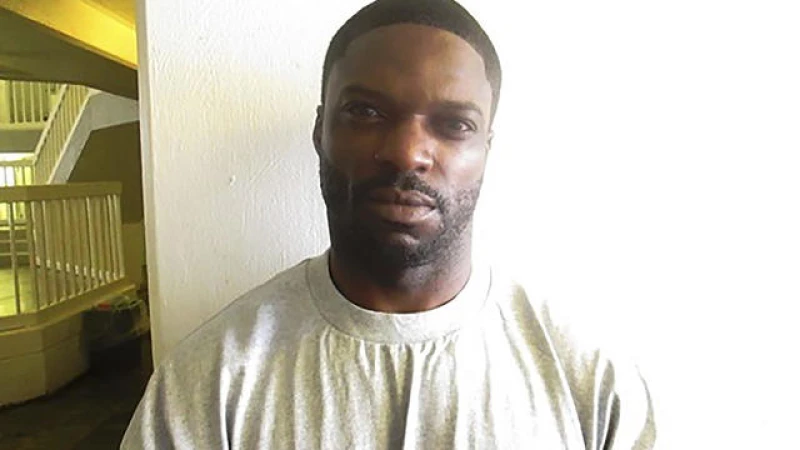A man convicted of killing two people in Oklahoma more than two decades ago was executed Thursday, marking the state's first execution of the year. Michael Dewayne Smith received a lethal injection at the Oklahoma State Penitentiary in McAlester and was pronounced dead at 10:20 a.m., the Department of Corrections confirmed to CBS News.
The execution came after the state's controversial decision to restore capital punishment in 2021 after bungled executions called its protocols into question.
Smith, 41, was sentenced to death in Oklahoma after his convictions two decades ago in the murders of Janet Moore, a 41-year-old mother, and Sharath Pulluru, a 22-year-old store clerk. The shootings that killed them were carried out separately on Feb. 22, 2002, while Smith was already on the run in the wake of a prior killing, authorities have said.
Smith made several attempts to appeal his sentence, but all were unsuccessful, according to records. Despite previously confessing to the murders he was convicted of, Smith and his legal team maintained his innocence, citing a history of substance abuse and intellectual disability as grounds for clemency. However, none of his appeals were granted.
Oklahoma Attorney General Gentner Drummond urged the state's Pardon and Parole Board to reject Smith's plea for clemency ahead of a crucial hearing in March.
"Michael Smith's claims of innocence have been consistently dismissed by the courts," Drummond stated. "He confessed to the crimes and should not be granted clemency."
Drummond pointed to evidence from the murder scenes that supported Smith's confession and refuted claims of an intellectual disability, citing incompatible IQ scores.
During the hearing, Smith continued to deny his involvement in the murders but expressed remorse to the victims' families.
Despite his pleas, the parole board voted 4-1 to deny Smith's clemency petition, and his execution was set to proceed.
The Oklahoma Court of Criminal Appeals also denied an emergency stay of execution for Smith earlier this week, CBS affiliate KOTV.
CBS News reached out to the Oklahoma Department of Corrections for comment but did not receive an immediate reply.
Smith was one of 43 prisoners on death row in Oklahoma. He was the first person executed in the state this year and the twelfth since capital punishments resumed after a seven-year hiatus in 2021. This pause was a result of a series of problematic lethal injections in 2014 and 2015, notably the mishandled execution of Charles Warner. Witnesses reported that Warner endured significant suffering during the process. Subsequently, it was revealed that Oklahoma had used an incorrect and unauthorized drug in the lethal injection mixture for Warner's execution.
Oklahoma's decision to halt executions for investigations into recent mishaps was short-lived. Despite the ongoing scrutiny of its lethal injection protocol, the state resumed its execution schedule in late 2021. Unfortunately, the first execution after the pause, that of former inmate John Grant, was marred by errors in the lethal injection process.
Since establishing its own capital punishment policy in 1976, Oklahoma has executed 123 prisoners, with the first execution taking place in 1990. Additionally, the state has conducted one federal execution. The Death Penalty Information Center provides further details on Oklahoma's history with the death penalty.
Richard Glossip, a 60-year-old inmate on Oklahoma's death row, is currently seeking to appeal his sentence. He has garnered support from state officials, including the attorney general, who have publicly advocated for his innocence. In January, the Supreme Court agreed to review Glossip's case following claims that issues during his trial warrant a reevaluation of his conviction and sentencing.







